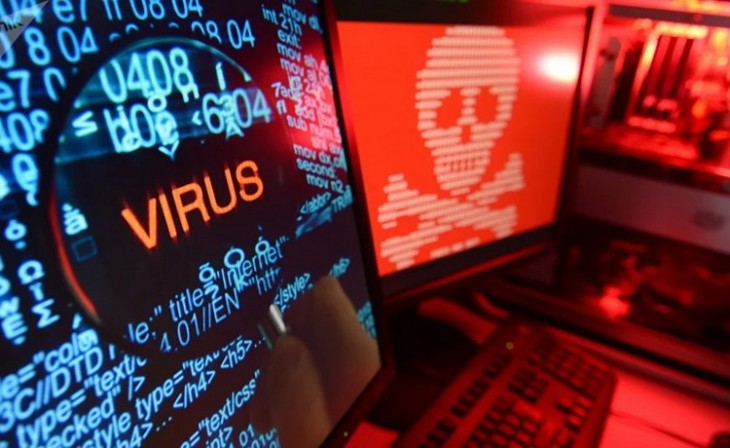How does a virus succeed in not being detected?
How viruses hide
To protect systems, something essential is to have an antivirus program. It will help detect malicious software and remove it whenever possible. But of course, what happens if the antivirus does not detect malware? Can we have viruses without them being detected? The truth is that this is a possibility and makes it even more dangerous.
Antivirus not updated
The first cause that allows a virus to hide is having an outdated security program. This is basically as if we had no protection, as it would not be able to detect the latest malware and would not know how to act to prevent it from running.
That is why it is essential to always have all the programs updated, especially those that will serve to improve security. This will also detect the latest versions of malware and allow them to be removed before they can affect us.
Tactics to hide the code
They can also use tactics to hide the malicious code itself. This is known as obfuscation. The malware developer hides the code very well within a program that is capable of encrypting and decrypting the malicious part and, in this way, passing antivirus security measures.
This is certainly a major problem, as once again security measures could not protect us adequately. Common sense is essential, do not download files or programs that may be dangerous, and always download software from official sources.
Hidden files
Another tactic is to hide the malware within files that, in turn, are also kept hidden. This could allow an attacker to gain access to a system and eventually run that virus. They can even be scheduled to run at a certain time.
These files are normally not detected by antivirus. They go unnoticed and make them a major security concern. It is essential that we take preventive measures, such as using good up-to-date security programs, installing only from official sources, or not opening potentially dangerous attachments.
Fileless malware
A very dangerous attack method is what is known as fileless malware. In this case, the malicious code can affect the system registry or RAM memory. The antivirus does not detect it, but it can act in a way that puts security at risk.
Over time, once it has quietly entered a system, it could become a program or executable file that actually starts stealing data or compromising the security of a particular system.
In short, viruses can hide in a system and act without the antivirus detecting anything. It is essential to have updated programs, use common sense, and not make mistakes to have total protection.




